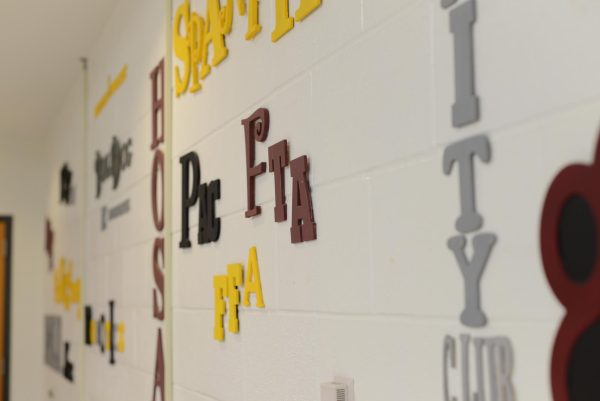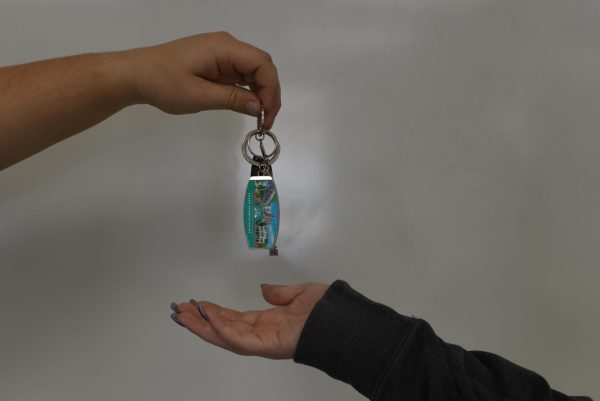Reminder: write this headline
From alarms to sticky notes, pretty much everybody uses some form of reminders. Modern technology has enabled our ability to not require people to remember everything all the time. But being able to set constant reminders to remember things for us has had an impact on our ability to remember to do things independently. Notifications can help us to remember to do tasks that we may not have remembered independently, however constant reminders can distract us from our tasks we are doing at the moment. They’re truly a double-edged sword and research by the American Psychological Association proves that we humans prefer external reminders to cognitively remembering information. It’s reasonable to theorize that things like sticky notes and reminder applications have made big businesses billions of dollars by reminding their CEOs of important meetings that changed their entire companies’ future.
Reminders are diverse in their form, but they all have the same effect: to make sure you remember upcoming events and tasks that you need to do. Most students and teachers here at RHS use some form of reminder.
“I have a calendar on my phone that I put things on. I also have a planner like a physical paper notebook that I write things in, and I also set alarms sometimes,” said senior Abby Dereberry.
Sophomore Tenely Engemann also relies on both digital and physical notifications.
“Honestly, I would Post-it note something. Or, I set an alarm on my phone that’s like, ‘Hey, don’t forget that.’ An alarm goes off at a certain time…like ‘Take your medicine,’ so it pops up on my phone,” said Engemann. “Because, you know, what teenager is not on their phone all the time?”
Reminders are essential for assistant principal Josh Smith who is in charge of running the pride shuffles that occur every three weeks and also managing the students who are assigned to him.
“I usually send myself emails to remind myself of what kids I need to talk to. My secretary, Ms. Mesa, is also one of my main reminders. She asks me questions daily like: ‘Did you do this? Did you do this certain thing? Did you get this certain information?’” said Smith.
While reminders are a wonderful tool for people to use to their benefit, they also have their major downsides, especially if you lean on them to remember everything for you. If you miss an alarm or lose a note, you can forget to do important things that may have major consequences. By freeing up our brains and offloading our spare information that we need to remember onto an external device, we have to trust that that device will not fail.
“Most things, if they’re routine, I remember. But if they’re not routine, I won’t remember,” said Engemann.
While we’re now dependent on reminders, they are a constant and consistent way to remember important information. They, in all their many assorted forms, have ingrained themselves into our culture. Being able to remove information from our head to save for later can allow us to forget things by putting it out of our mind. While freeing up mental space to allow you to focus on tasks immediately important to you, it’s just as important that we aren’t too dependent on them to remember everything for us. Otherwise, when that technology fails the only thing you’ll be reminded of is that too much of a good thing, can be a very bad thing.
Hey, I’m Keegan, but just call me Bread. I'm a junior and this is my first and a half year at ECHO as a staff reporter. I enjoy writing, listening to...








